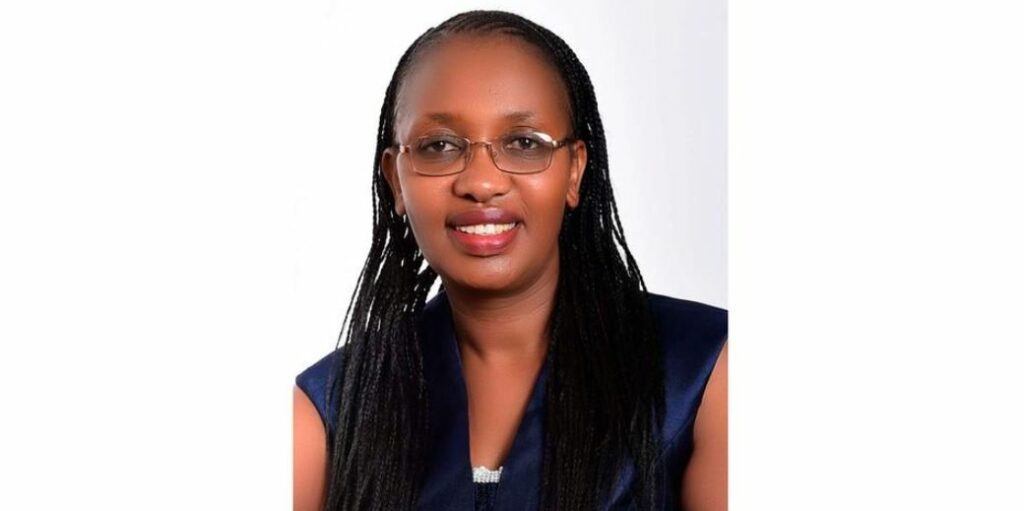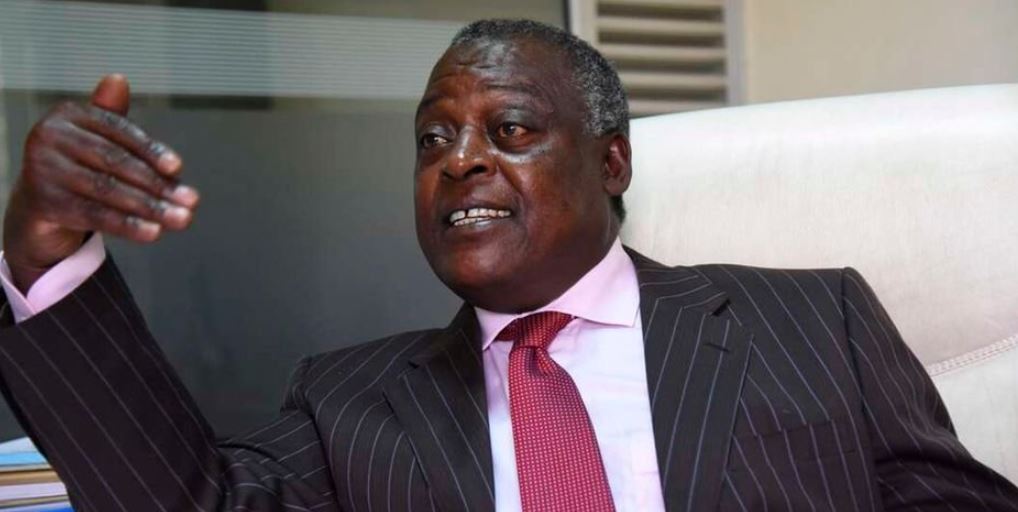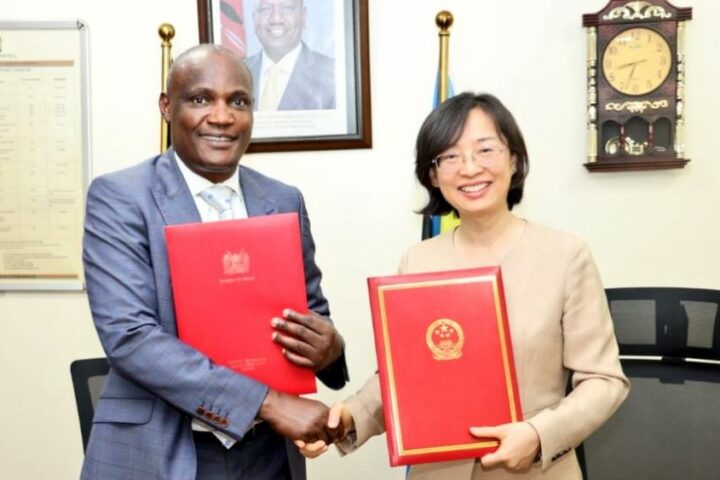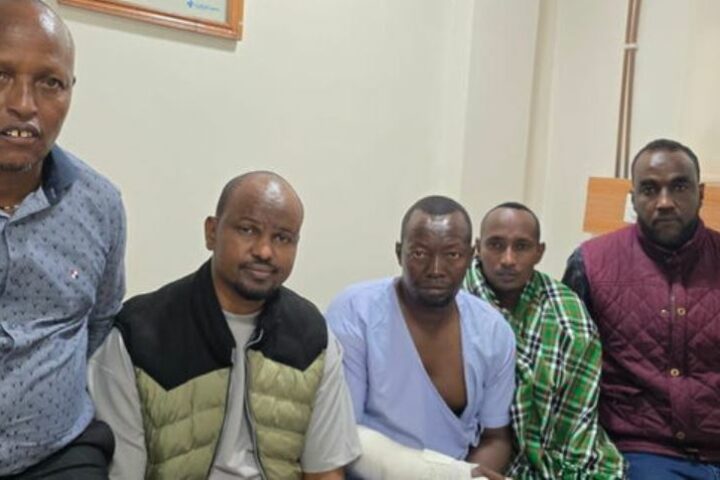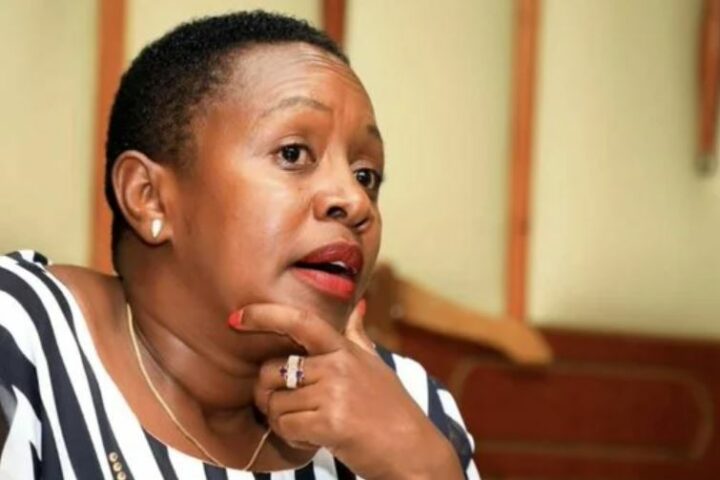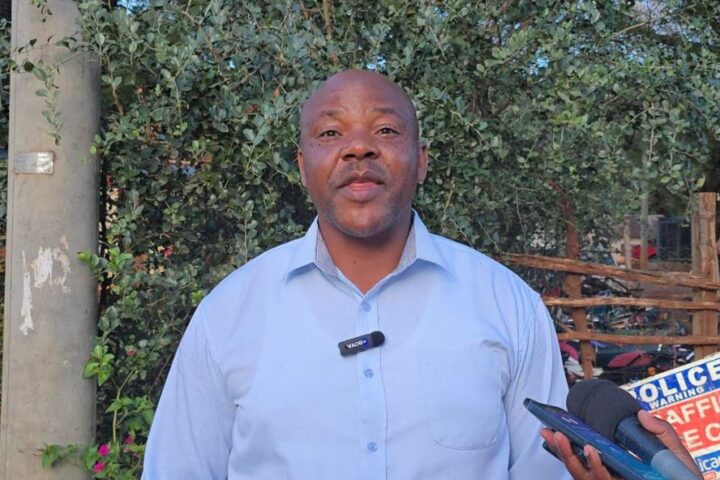
*************************************
“From the moment I was born, people kept staring at me and saying, ‘Oh, God.’ When I was born, my parents told me that the nurse exclaimed, “She is too tiny, she might be a dwarf.” My parents didn’t know what that meant until I got to school. My height had stagnated despite me being in grade 1.
When I was diagnosed with achondroplasia dwarfism, a condition in which a person does not grow to what is perceived as normal height, my parents were shocked.
With dwarfism, people don’t grow beyond four feet, and usually have a large forehead with the middle part of the face being small. My parents knew that my life would be hard and so, they always told me “I don’t care how tall you are, you are our daughter and you are pretty.” Their affirmations meant so much to me and gave me hope even when I was ridiculed by other kids because of my height.
My three sisters have been my protectors from the day I was born. My parents played a major role in this as they always ensured that my sisters and I participated in whatever we wanted to. My family cared for me and has never isolated me from the world. I grew up knowing I am their small baby and I got all the affection enjoyed by most lastborns.
Life wasn’t easy growing up with my condition as I became the source of entertainment to people. I got traumatised by the ugly names people would call me such as ‘katumani’ which is a maize plant that does not grow long. Other children would laugh and alert their friends “There is a midget.” My existence was a joke to them and when referring to me, they would say, “Look at it.” It wasn’t easy and I almost gave up on schooling.
My self-esteem was affected and I recall an incident where I took five painkiller tablets thinking that they would kill me, only to find myself alive. Despite the challenges I faced, my family taught me to be resilient and always gave me a shoulder to lean on. I thank God for my mother and late dad who always encouraged me to keep moving and shaped me to be strong and never allow anyone to demean me.
I am the only person with dwarfism in our family but my grandparents explained to us that long ago, there was a person in our family who had the condition. My extended family always extends their love to me which makes me feel special.
When I was a child, I would internalise the torment and though I pretended that I was strong, I would cry when alone and wish I was someone else. It shaped how I felt as I was often the target of bullies. Coming to terms with being a dwarf has been a journey. With time, I have learnt to be strong and I never wake up thinking “Oh, woe on to me, I am a dwarf!” I get out of the house in whatever outfit I have, visit anywhere I want, and I am no longer affected by how people view me. I have loved myself and accepted that I was born with the condition. I have also embraced that I would never change myself and I do not have any limits to becoming who I want in life.
In the last 10 years, I have stopped bottling up my anger and started directing it outward to where it belongs. Why should I be concerned about what people call me just because I look different externally? I shouldn’t. I have become assertive and always have different responses to people’s reactions to my physicality.
For instance, if someone laughs at me, I always ask, “What’s funny?”. Most of them respond, “Nothing, nothing”, and they disappear in embarrassment. At times people call me “midget”, and I boldly face them and say, “It’s called dwarfism, don’t use that name ever again.”
I also encounter men who approach me on the streets and tell me, “I wouldn’t mind having sex with you, it would be different.” In such cases, I yell back, “I am not a sex object, go look for your type.” For a while, the world treated me as if there was something wrong with me and that’s why I learnt to protect myself from any criticism.
One of the biggest challenges that I have encountered is in searching for a job. I am a diploma holder in journalism and mass communication. Sometimes, I apply for a job and it happens that I am shortlisted, but when I appear for the interview, the interviewers tend to judge me by my physical look and think I might be incompetent because of my height. Another challenge I face in public places like restaurants and churches is that they don’t put up structures that are dwarfism-friendly. For example, you find there are no adjustable seats and this makes my legs go numb.
Despite these challenges, I have learnt to accept myself and I always feel unique. At times, I feel good when people look and point at me because of my height. People with dwarfism become celebrities very fast and attract huge numbers of followers on social media. My height comes with valuable opportunities. I will never forget a memorable event when I shook hands with the deputy president. Out of a huge crowd, he easily noticed me because of my height.
I admire global actress Kiruna Stamel because despite being a little person, she has proven that no human is limited, through her acting. I believe we are humans and despite our condition, we deserve the best. So don’t use height to demean us, we are little but the cutest.”
